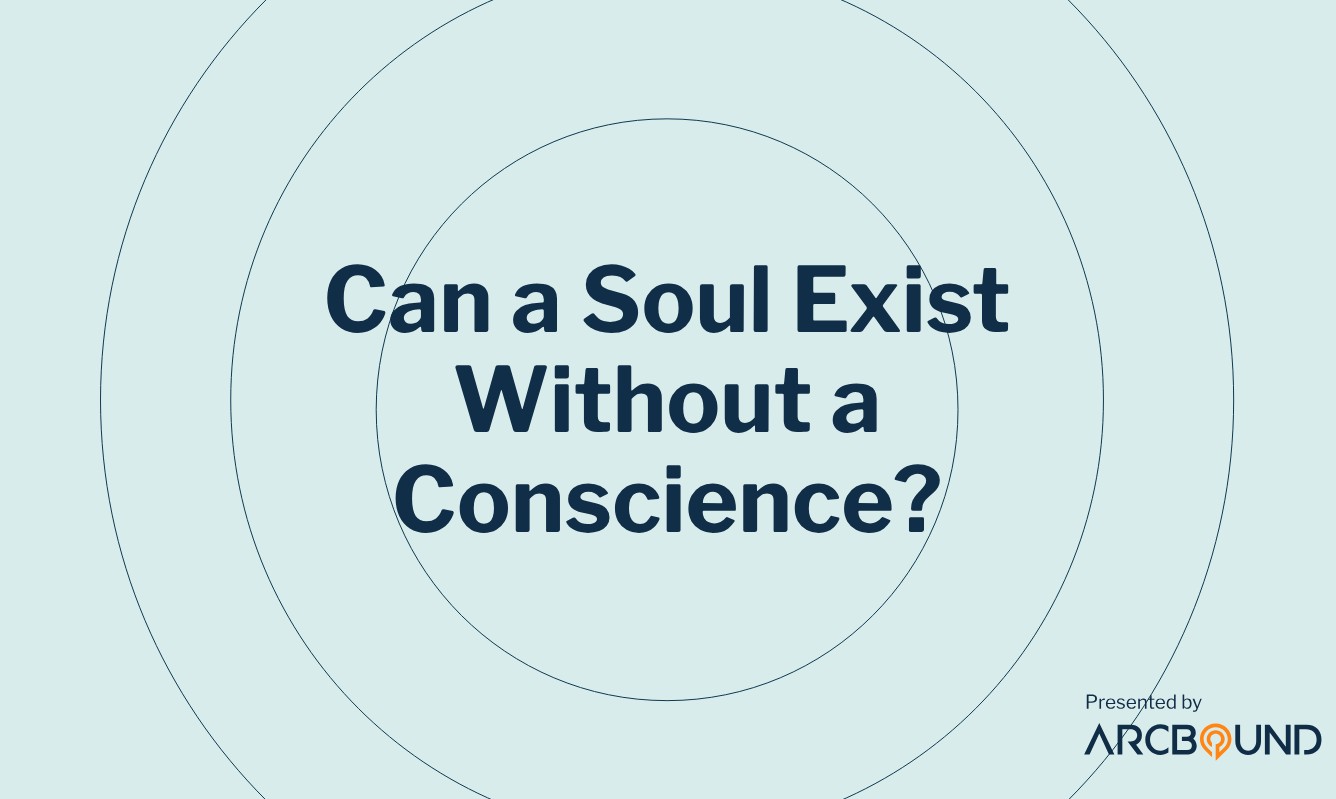Can a Soul Exist Without a Conscience?

A truth that’s uncomfortable to admit
I’ve been thinking a lot about souls lately. Not in the metaphysical sense, but in how we talk about businesses having “soul”—that special something that makes them more than just profit machines. But here’s the question keeping me up at night: Can you have a soul without a conscience?
It’s fascinating how organizations evolve. They often start as passion projects—small operations built on dreams and genuine desire to make a difference. When you’re small, your conscience is your compass. Every decision feels personal because it is personal. You see the direct impact of your choices on real people’s lives.
But something interesting happens when businesses grow beyond their founders’ direct control. The entity takes on a life of its own, like a creature that’s broken free from its creator. I’ve watched companies I once admired transform from purpose-driven ventures into something… different. It’s like watching a friend slowly change into someone you barely recognize.
The Paradox of Progress
Here’s what gets me: Many of these organizations invest heavily in what we might call “soul work”—meditation rooms, wellness programs, state-of-the-art campuses designed for human flourishing. Yet simultaneously, their actions suggest a diminishing conscience. It’s as if they’re trying to feed their soul while their conscience wastes away.
The founders themselves seem to follow a similar path. They jet off to spiritual retreats abroad, post about their latest athletic achievements, and dive deep into wellness practice—all worthy pursuits that supposedly nourish the soul. But something feels off. It’s as if they’re building themselves up while their conscience quietly slips away. They’re climbing mountains and finding their zen, but losing touch with the human impact of their decisions back on earth. Like their companies, they’ve mastered the art of appearing soulful while operating without a conscience.
The Brand Trap
Here’s a truth that makes me uncomfortable: You can build a powerful brand without a conscience. In fact, some have made their brand about exactly that—being the tough, uncompromising force that “gets things done” at any cost. But at what price?
I catch myself thinking about this a lot as Arcbound grows. How do you scale without losing your humanity? How do you stay hungry without becoming consumed by the hunt? These aren’t just philosophical questions—they’re practical challenges I grapple with daily.
The Way Forward
I believe the answer might lie in personal brand, but not in the way you might think. Your personal brand can serve as an anchor, a public declaration of your values that holds you accountable. When you build your brand around authenticity and conscience, it becomes harder to drift away from those principles without everyone noticing—including yourself.
Here’s what I’m learning about maintaining both soul and conscience as we grow:
1. Make decisions close to the ground. The further removed you are from the impact of your choices, the easier it is to lose your conscience.
2. Create accountability systems. Your team should feel empowered to call you out when decisions don’t align with your stated values. A fun side note . . . we’ve updated our values this year — Quality, Performance, & Each Other.
3. Regular reality checks. I literally schedule time to ask myself: “Would the version of me who started this journey be proud of these decisions?”
The truth is, I understand how easy it is to lose your way. When the pressure surmounts, opportunities are knocking, and growth seems within reach, the temptation to compromise your conscience is real. I feel it too. But maybe acknowledging this vulnerability is the first step to avoiding the trap.
What do you think? How do you maintain your conscience as you grow? I’d love to hear your thoughts on this—it’s something I’m actively working through, and I believe it’s a conversation worth having.
—
Stay tuned for the next email newsletter . . . personal branding may get a bit provocative 🤔